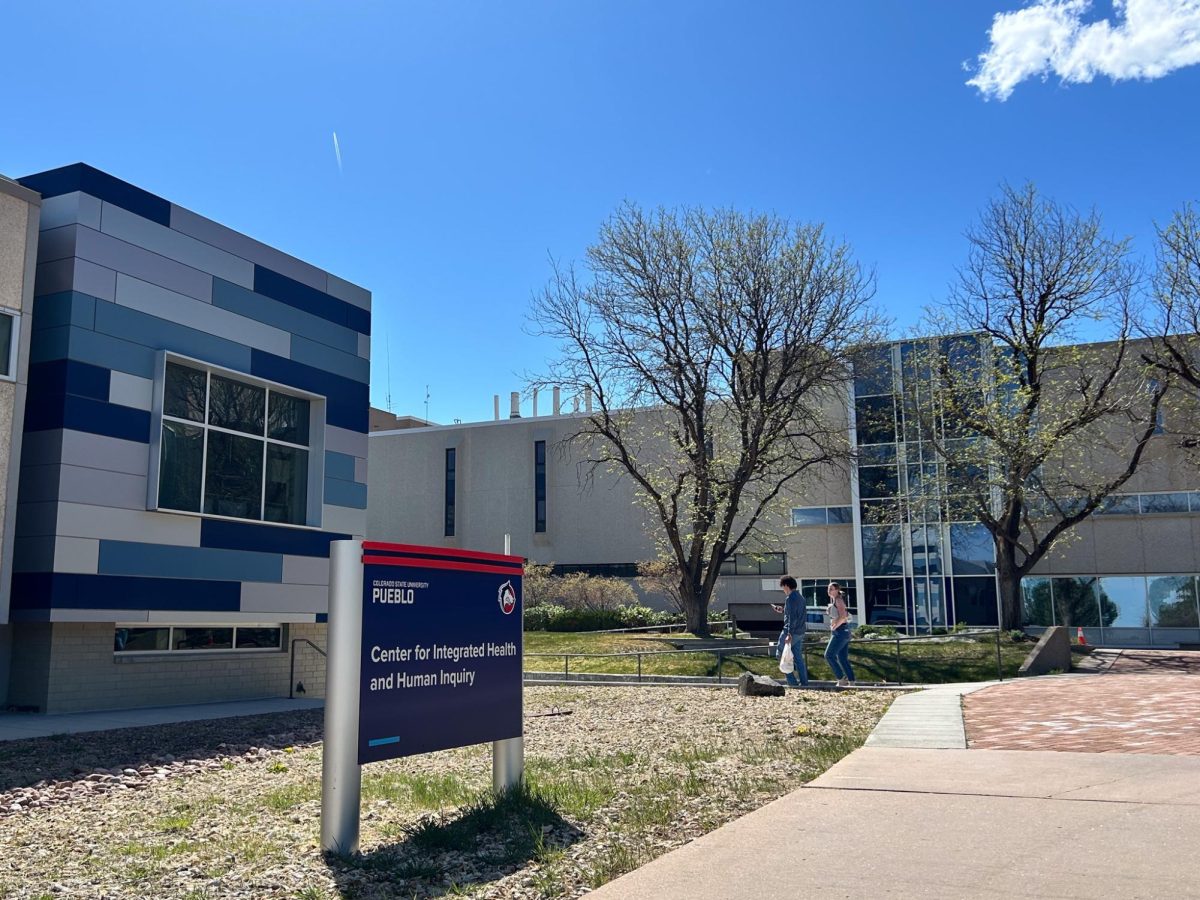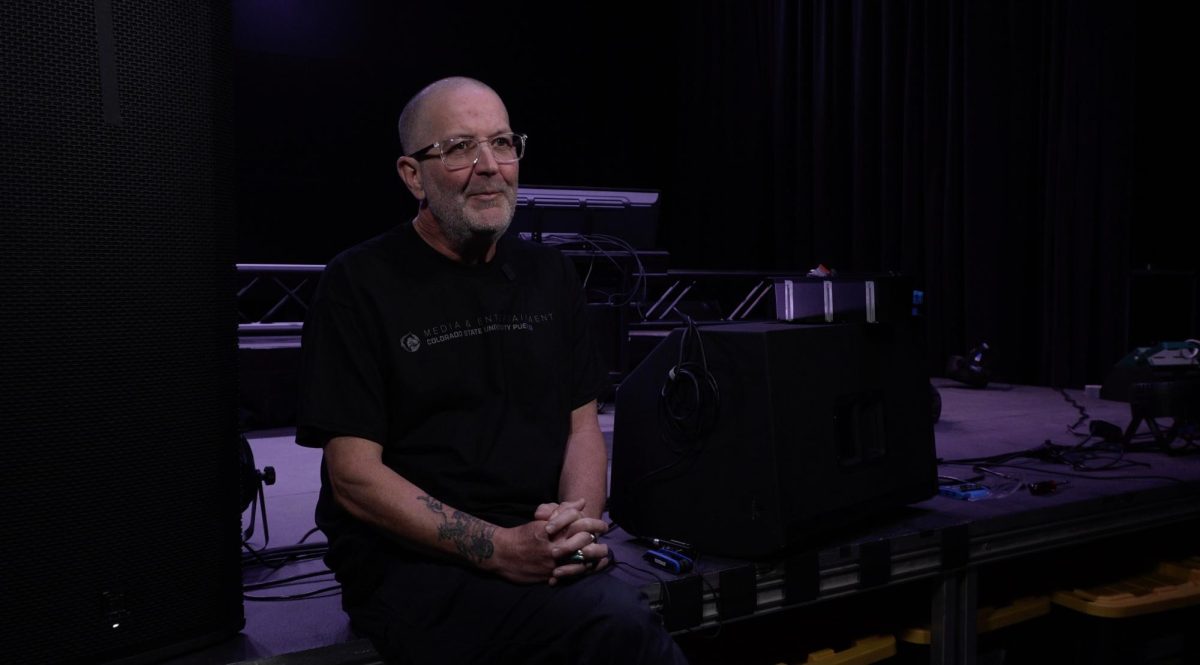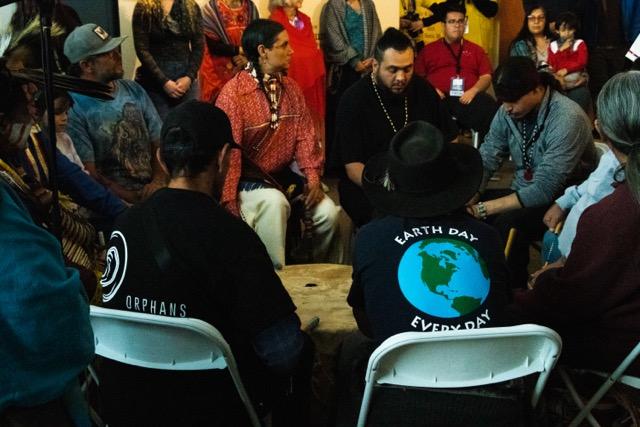By Cassime Joseph
According to the NJ Spotlight News, medical cannabis legally helps treat epilepsy, multiple sclerosis, AIDS, cancer and other chronic and painful illnesses. With the opioid crisis on the rise, veterans looking for alternative ways to treat chronic pain and post-traumatic stress disorder (PTSD) may choose cannabis as the better treatment option.
Imagine this: You’re walking your dog, and suddenly you hear a car backfire. The sound triggers a memory of when you and your fellow combat-at-arms, eating at the Dining Facilities Administration Center, heard an explosion go off. When you snap out of your memory, you are underneath your car with your dog.
This is just a taste of PTSD.
Now, you can choose to use the medication they give you, Zoloft, or reach for cannabis.
Zoloft is a selective serotonin reuptake inhibitor (SSRI). SSRIs help increase the serotonin in the brain and treat numerous conditions such as major depression disorder, anxiety disorder and, rarely, fibromyalgia. SSRIs have mild-to-severe side effects and, if stopped abruptly, can cause a condition known as Antidepressant Discontinuation. If the medication is mixed with another drug that does not agree with it, this can also cause serotonin syndrome, which, if not treated, can cause death, according to the medication guide.
The side effects can range from abdominal pain, nausea, diarrhea and headaches that are common among patients to severe blood clots. Zoloft can be dangerous if you have other underlying illnesses such as epilepsy and high blood pressure.
The alternative to the medication is cannabis, which can be used for the same purpose. The chemical makeup of cannabis is called cannabinoids, and the most common forms of cannabinoids are THC, tetrahydrocannabinol and CBD or cannabidiol.
According to the National Institute on Drug Abuse, THC is the chemical responsible for most of marijuana’s psychological effects. The chemical acts like the human’s natural production of cannabinoids in the body. These receptors are located in the brain and are responsible for thinking, memory, pleasure, and time perception. When THC is smoked, it increases the dopamine in the brain, making the person feel euphoric with little-to-no side effects.
The side-effects of cannabis are going grocery shopping more than twice a week, losing your phone while holding it in your hands and severe cottonmouth, all of which are manageable and do not cause death. According to Jason Levine, Ph.D. a psychologist and an addiction treatment expert, overdosing on cannabis is impossible.
Most veterans would choose the lesser of two evils, since it has fewer side effects.
Another hypothetical: You wake up one morning, and you cannot even get out of bed. Your neck feels like someone is stepping on it. Your back is as stiff as a roll of quarters. Your knees burn like hot coals. You feel the way you did when you were injured on tour in Korea, in the back of the supply truck handing out meals ready to eat when someone jumped in the driver’s seat and pulled away. You slipped and fell 6 feet to the ground, landed on your back, and smacked your head.
When you were done being evaluated, they gave you Oxycodone or Percocet, two highly addictive synthetic opioids.
Medics prescribe synthetic opioids for chronic pain relief. According to the U.S. Drug Enforcement Administration website, synthetic opioids are substances created in a laboratory and act on the same parts of the brain as the natural opioids that originate from the poppy plant. The side effects may include relaxation, euphoria, pain relief, sedation, confusion, drowsiness, dizziness, nausea, vomiting, urinary retention, pupillary constriction and respiratory depression.
According to the U.S. Food and Drug Administration, stopping opioids abruptly or reducing the dose too quickly can result in serious problems, including withdrawal symptoms, uncontrolled pain, and thoughts of suicide. Taking the substance for some time can potentially become addictive.
An alternative to the substance is CBD or cannabidiol. CBD is a part of cannabis that does not contain THC. This substance is also legal in the United States and is most commonly used to treat chronic pain, anxiety, inflammation and insomnia. The side effects of CBD are very mild, if any, and they are dry mouth and fatigue, which can be managed by drinking the recommended amount of water and going to bed on a regular schedule. Most of all, CBD is not addictive and is all-natural.
VA clinics should look for safer and alternative ways, like using cannabis, to treat veterans who fought so valiantly for our country.







![Graduates await the chance to walk across the stage and receive their diplomas, May 7 at the ThunderBowl. [Today photo/Brenden Vigil]](https://socostudentmedia.com/wp-content/uploads/2022/05/IMG_3565-scaled-1-1200x674.jpg)
![Drug poisoning/overdose deaths in Colorado by involvement of specific drug type: Colorado residents, 1999–2017. [Courtesy image/Dr. Roberts]](https://socostudentmedia.com/wp-content/uploads/2022/04/Screen-Shot-2022-04-13-at-5.12.42-PM-1200x613.png)












